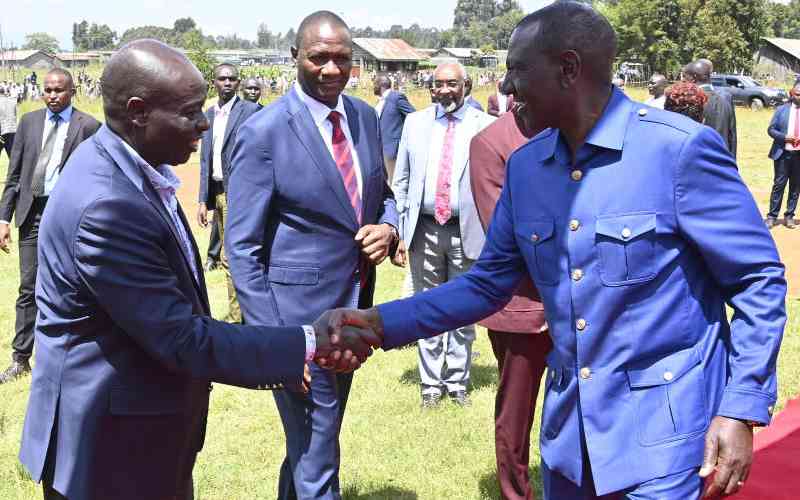×
The Standard e-Paper
Smart Minds Choose Us

The differences between Deputy President Rigathi Gachagua and President William Ruto are likely to follow the familiar trajectory that saw ambitious but unloyal vice presidents cast aside unceremoniously.
The odds are stacked against Rigathi, the man who likes to be called by the sobriquet Riggy G.